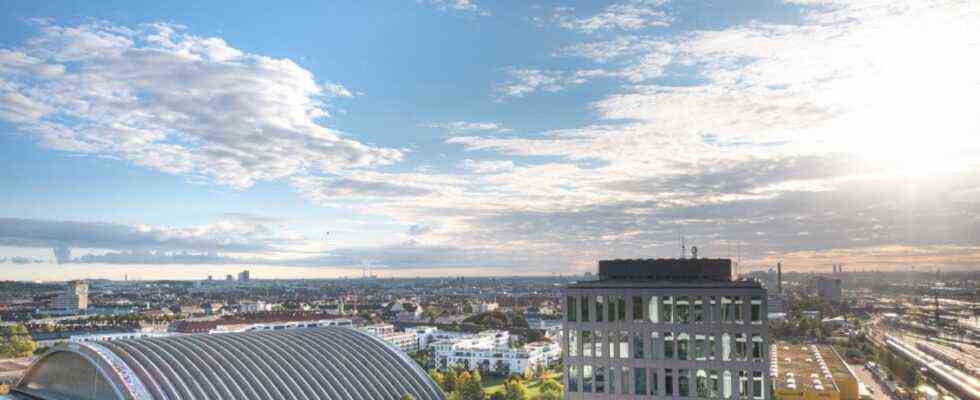Skyscrapers were and are never just buildings, but always symbols. For technical progress, for economic power – and last but not least for modern, metropolitan life. The question of how much skyscraper Munich can handle has been preoccupying the city for decades and most recently culminated in a referendum in 2004. The citizens decided at the time that no house should grow beyond the 100-meter mark. And outside of Munich, the decision confirmed many of their image of the provincial capital. “While other metropolises around the globe adorn themselves with impressive skylines, the people of Munich prefer it traditional and cozy,” he wrote mirrors back then.
The 2004 election was as close as possible: 50.8 percent spoke out against what they saw as high-rise buildings that were too tall. By the way, the turnout was just 21.9 percent. The topic that currently affects Munich residents so strongly affected significantly fewer people at the time than the council decision on the stadium in Fröttmaning three years earlier or the Olympic decision nine years later.
The fact that the CSU man Robert Brannekämper is now initiating a new referendum makes the planned towers at the parcel post hall in Neuhausen, but also high-rise buildings in Munich in general, once again a symbol: that of a metropolitan CSU urgently looking for a direction. Because with the request Brannekämper is against the course of the city council faction, which advocates high-rise buildings. The way in which Brannekämper wiped off the city council faction for this course when his club was presented on Wednesday provides additional fuel.
Apart from that: why shouldn’t the citizens decide again in principle whether they want high-rise buildings in their city? A second high-rise decision in Munich would have something of “And the groundhog greets you every day”. But so do the ongoing debates. On the one hand, it would be interesting to see whether the topic is now getting more people to vote than it did back then. On the other hand, and above all: how they would decide. Munich is a different city today than it was in 2004.

